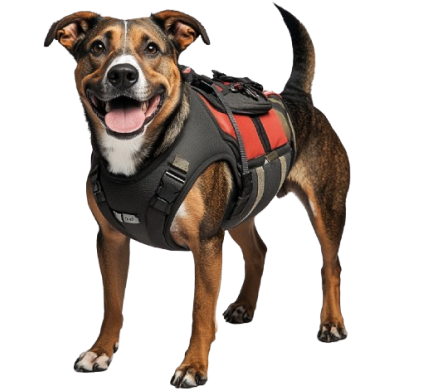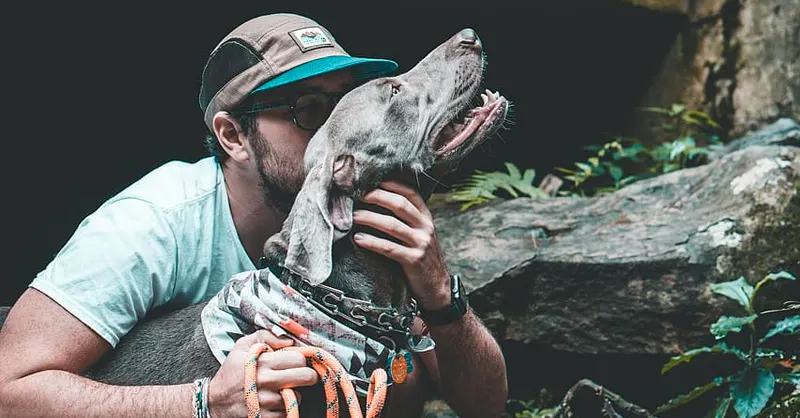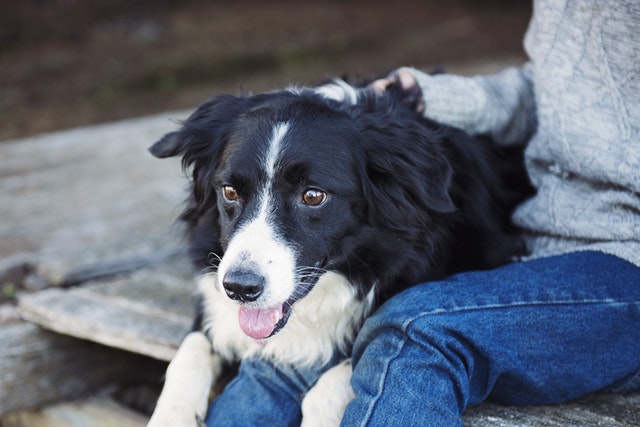All Our Articles on Service Dog

How to Register a Service Dog in California
Service dogs are the superheroes of the canine world. They make the lives of people with disabilities safer and more comfortable. To achieve this, a... Read more
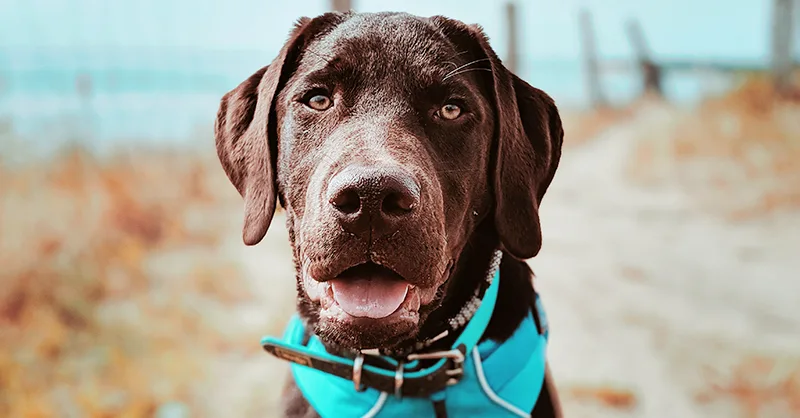
Which Dog Breeds Are the Best for Deep Pressure Therapy
A common task performed by psychiatric service dogs is deep pressure therapy. Let’s use an analogy to explain how that works: you may have noticed... Read more
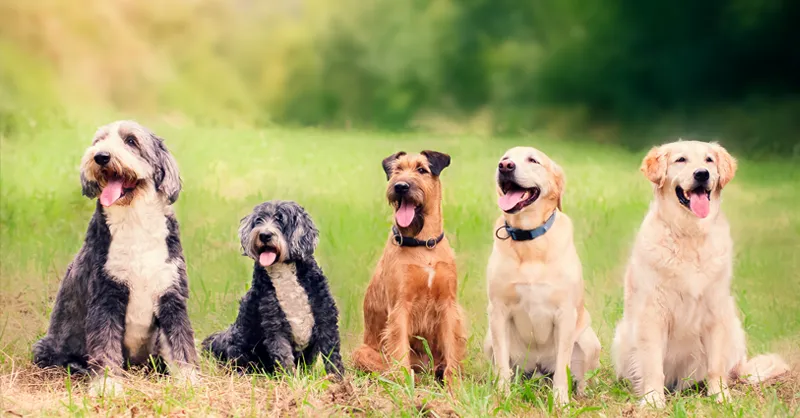
Five Different Types of Service Dogs
Almost 40% of U.S. households own a dog, and an average of $253 is spent each year on veterinary costs to keep family dogs in... Read more

How to Get a Service Dog in Florida
Florida’s tropical climate and sunny skies are a canine’s dream home. With its fun-filled beaches, green wilderness, and vast areas to run in, the Sunshine... Read more
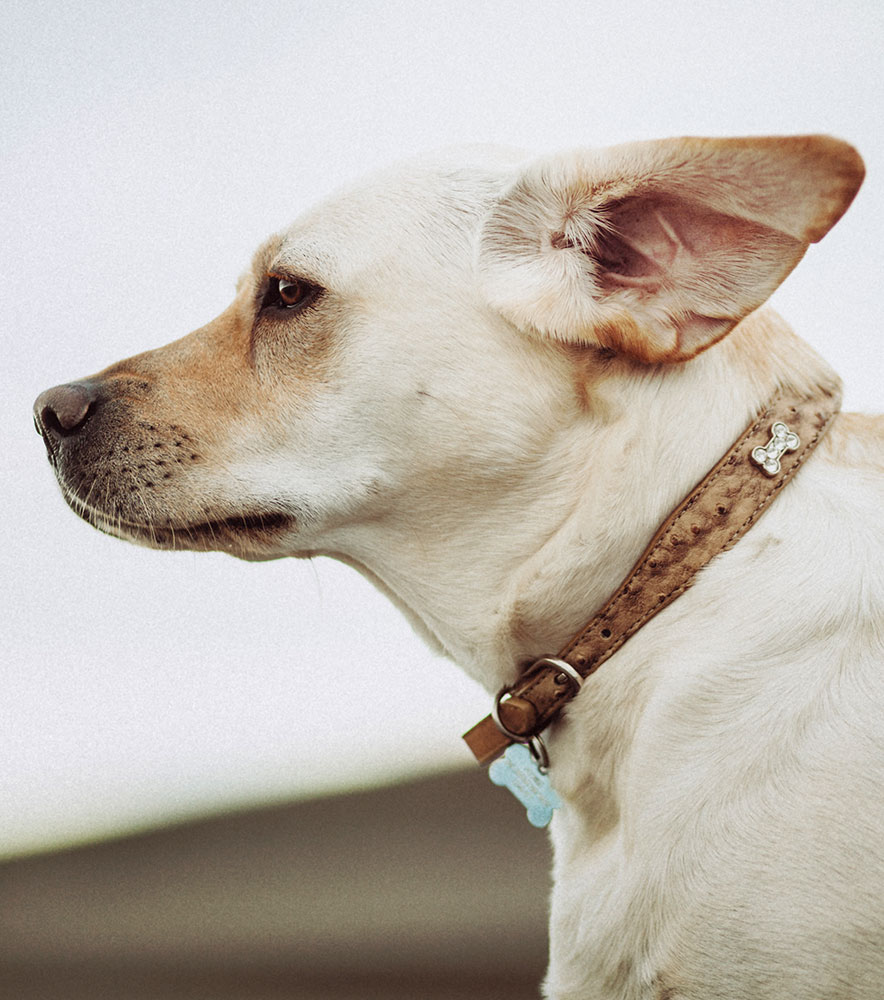
Hearing Dogs for the Deaf
Canines are very smart, even though their goofy grins and tail-wagging may distract from their intelligence. Service dogs, in particular, show their intelligence by performing... Read more
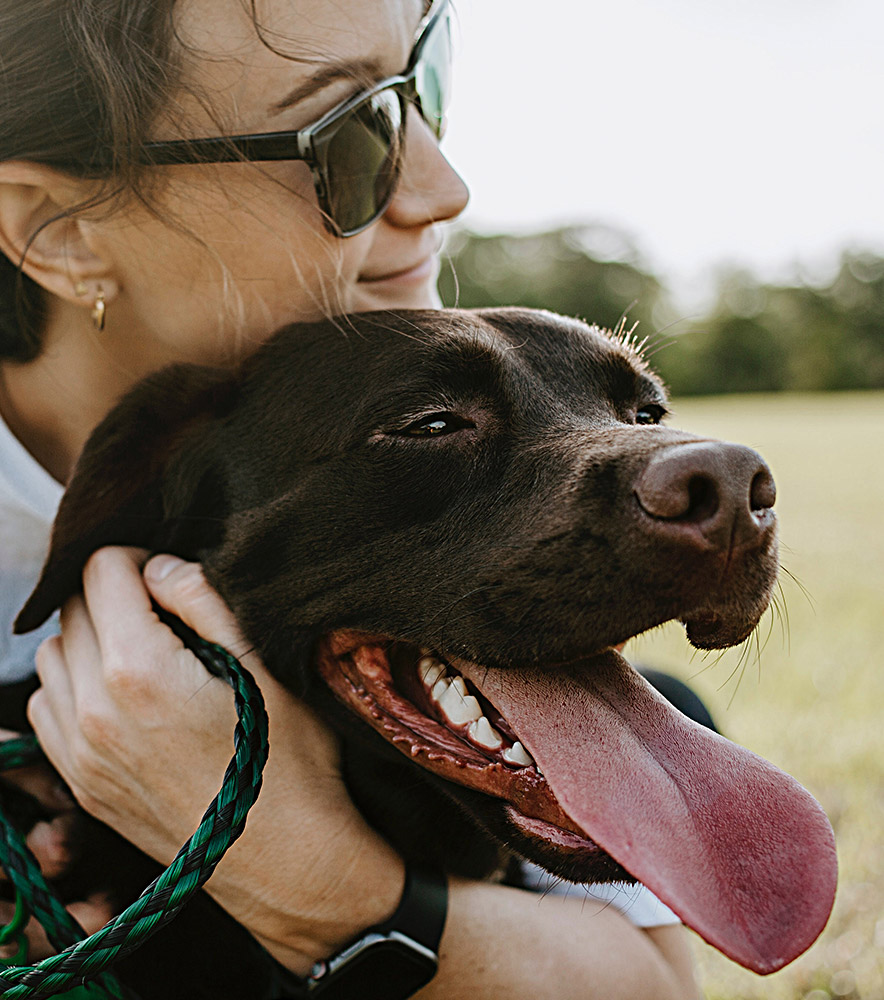
How to Make Your ESA a Service Dog
If you’re lucky enough to have an obedient, social, and intelligent emotional support animal (ESA) with a calm temperament, you may have a potentially ideal... Read more
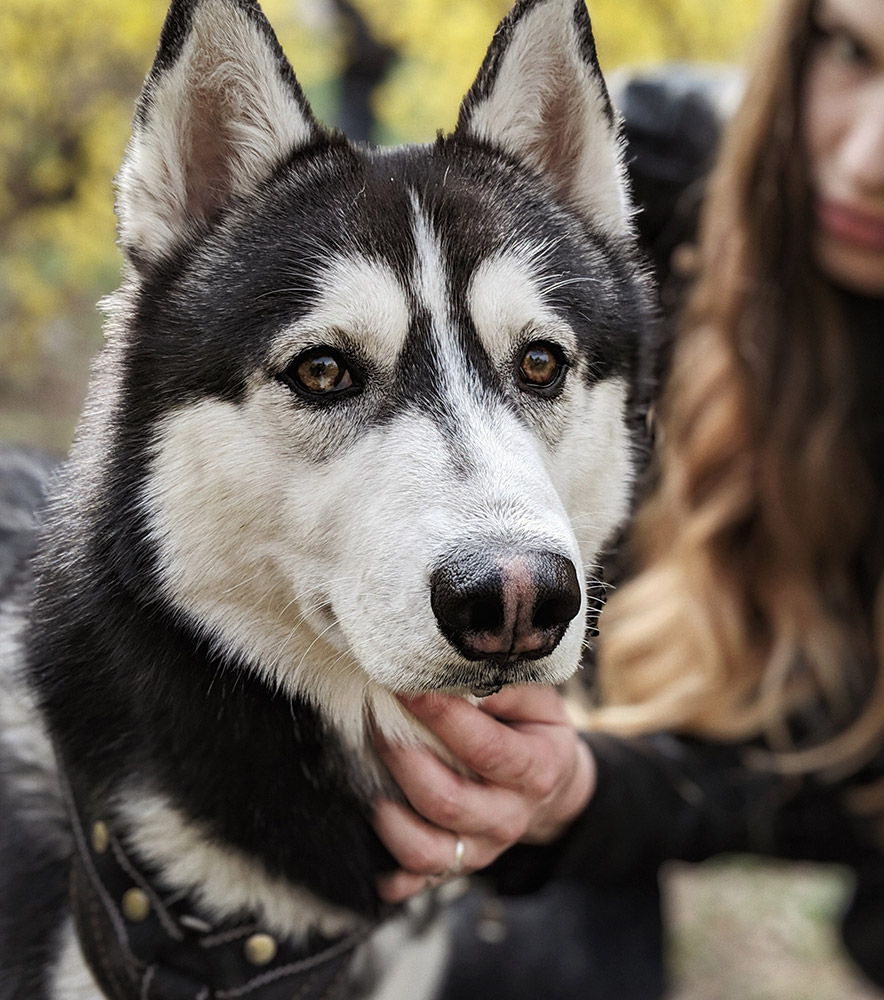
How to Choose a Service Dog Prospect
The first step in beginning the training of a service dog is finding the right service dog prospect. Although most dogs do well in typical... Read more
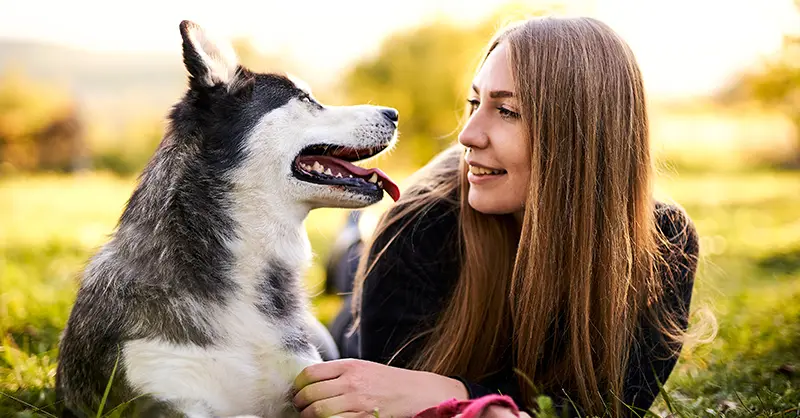
How to Register Your Dog as a Psychiatric Service Dog
Do you struggle with a psychiatric disability that significantly impedes your daily life? Do you need a dog at your side to help with your... Read more
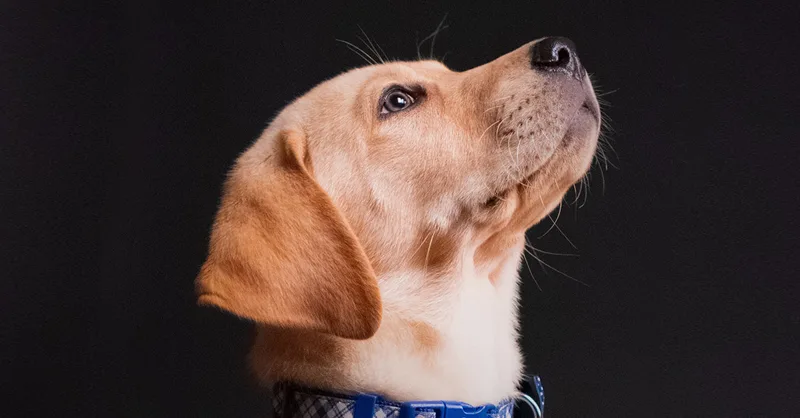
How to Train a Psychiatric Service Dog
Do psychiatric service dogs need training? Yes, they do. But because psychiatric service dogs (PSD) often are confused with emotional animal support animals (ESA), people... Read more




